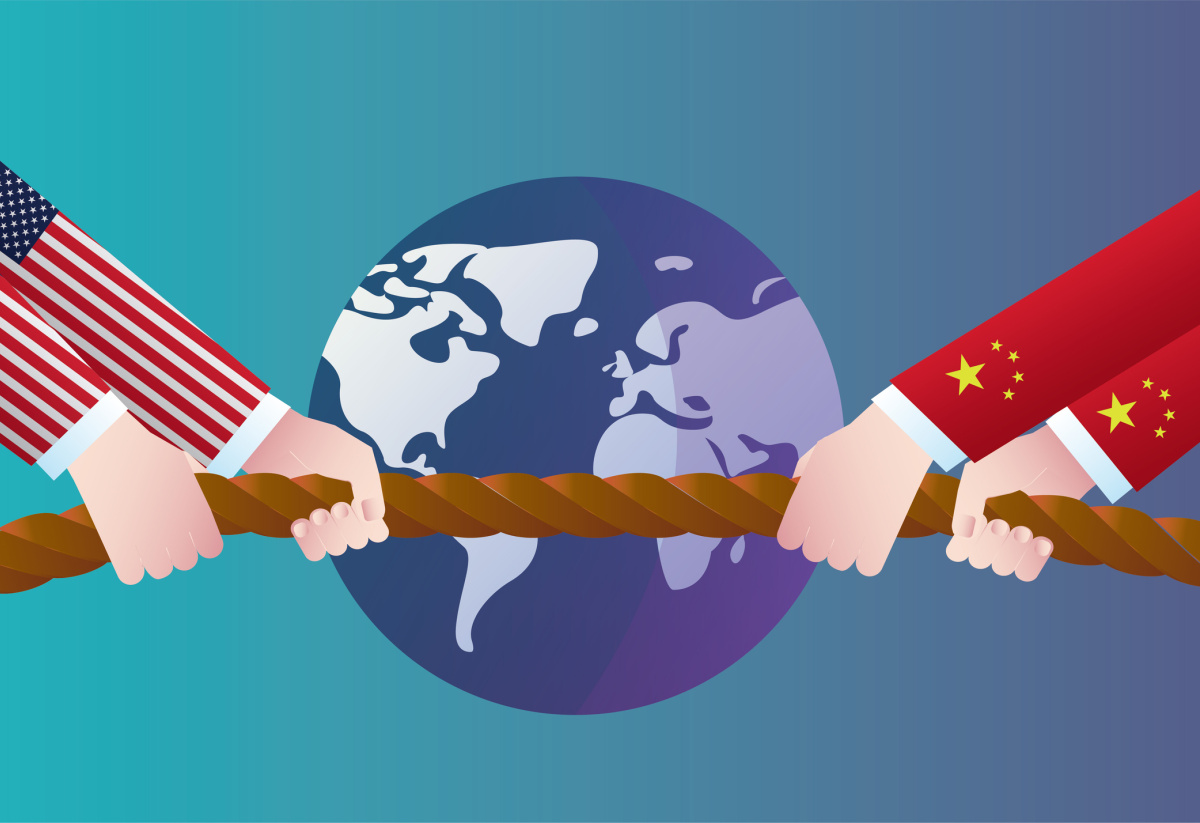Analysis
CCP's Endorsement not a Great Look for Trudeau Liberals.

The Globe and Mail recently broke the story that the Chinese Communist Party (CCP) interfered in the 2021 Canadian federal election in favour of the Trudeau Liberals. This story was based on both secret and top-secret Canadian Security Intelligence Service (CSIS) documents. These documents make clear China’s two-fold intentions of ensuring a Liberal minority, and having certain Conservative candidates loose their elections.
CCP leadership in Beijing pressured Chinese diplomats and their proxies to spread anti-Conservative/pro-Liberal messaging to mainland Chinese immigrant communities in Vancouver and the GTA. Other foreign interference operations included undeclared cash donations to political campaigns and having business owners hire international Chinese students and “assign them to volunteer in electoral campaigns on a full-time basis.”
It is very likely that these efforts somewhat affected the results of the election. Former federal Conservative leader Erin O’Toole alleges that his party lost eight or nine seats due to Chinese influence on the election. This claim is consistent with losses the party incurred in ridings with significant Chinese-Canadian populations. Further, China’s former consul-general in Vancouver, Tong Xiaoling, boasted in 2021 about how she helped defeat two Conservative MPs. And this matches-up with CSIS’ statement in November 2021 that China’s attempts contributed to the losses of Conservative candidates Kenny Chiu and Alice Wong.
These actions to influence the Canadian election fit within a larger context of diplomatic tension between China and Canada. This tension no doubt began with Beijing’s arrest of two Canadians in 2018 in retaliation for Canada’s arrest and extradition of a Chinese Huawei executive. The latest manifestation of this tension was Chinese president Xi Jinping’s scolding of prime minister Justin Trudeau at the G20 summit in Indonesia.
This tension itself fits within the context of increasingly adversarial relations between China and the west. Since Xi Jinping’s ascension to power, China has pursued a policy of expanding its political, economic, and military influence on the world stage. Examples include- but are not limited to- its significant involvement in Africa, its fostering of the BRICS block, its urging of Saudi Arabia to price its oil sales to China in yuan, its Belt and Road Initiative, and its aggressive posturing toward Taiwan. China views- and probably correctly so- that its greater global prominence must come at the expense of the western global order-which is of course led by the United-States. Thus, China as of late has been quite aggressive towards the west-examples include its predatory economic policies, and intellectual property theft. (This is also reflected in China’s film industry).
Therefore, with the larger context in mind, an endorsement from the CCP certainly does not look favourable. The CPP obviously wanted the Trudeau Liberals in power because it thought such a scenario was in its best interest. And given China’s motives and actions over the last decade, it is fair to assume that if the Liberals are in China’s best interest, then the Liberals are probably not in the western global order's best interest. This is especially likely considering that the CCP feared the Conservatives due to their expected "hard-line" approach to China; without the Conservatives in power China would be much freer in subverting the global order. Thus, if China correctly assessed which Canadian party best facilitates its ambitions, it clearly shines a bad light on the Liberals. An international stage more dominated by China, and less by the west, likely means an international stage less committed to democracy, the rule of law, and human rights; no party wants to be associated with such an outcome.
Featured image, wenjin chen/getty images.